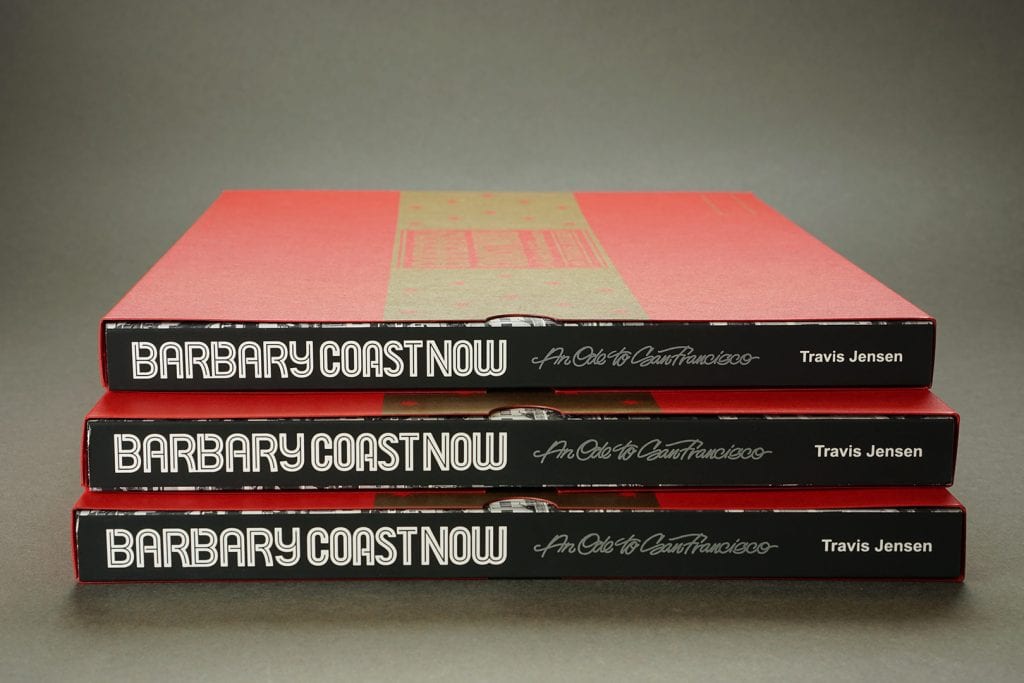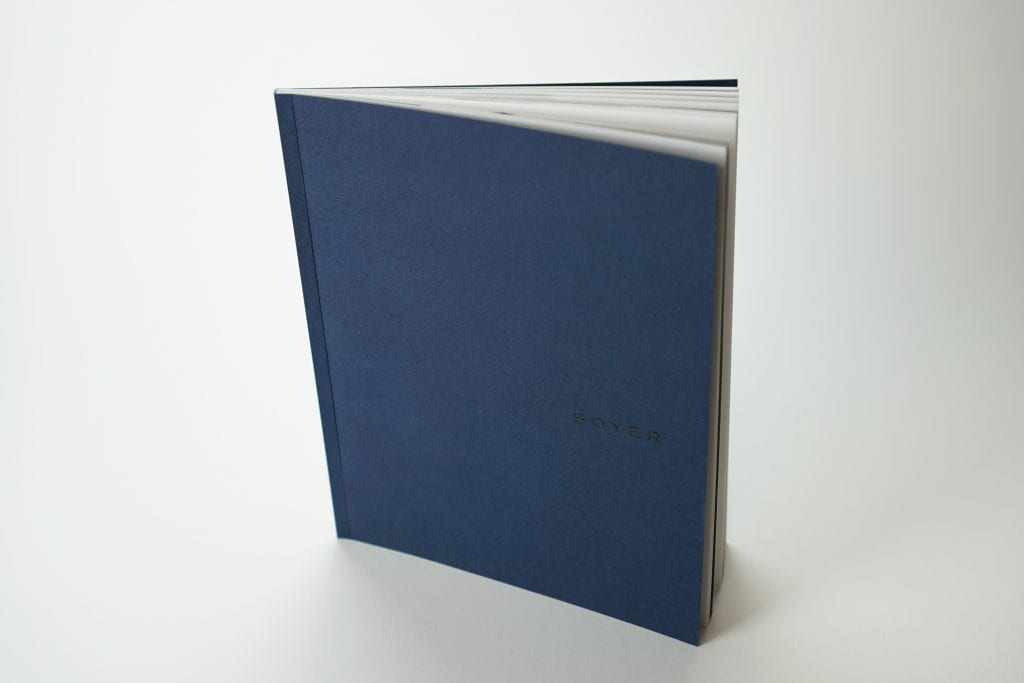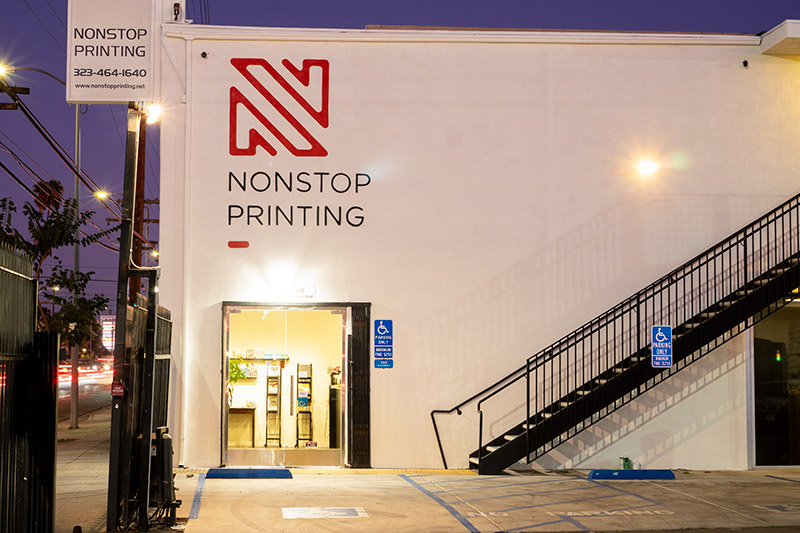
Also known as paperback book printing or softcover book printing, perfect binding is one of our favorite projects to print. We know there are a lot of options for book printing out there but we love it so much that we have the most extensive options for book printer that allows a quantity of even just 1 book. We’re comfortable producing from 1-2000 books in house and we have strong vetted partners for larger projects.
We have over 100 different paper stocks to dial in your project. We’ve vetted each one to make sure the quality stays high. Not every paper works with different types of art so we’ll guide you on the best mix.
We have two different ink options – matte and glossy ink. Matte ink is great for a warmer, more classic and vintage feel. Glossy ink is great for strong colors and for a book that pops a bit more.
Look further down this guide to see the difference.
Clients that add an embellishment to the covers of their book are able to enhance the value of their book. We provide nearly all available embellishments that our industry provides:
We use PUR glue. It’s the most superior glue for binding books due to its flexibility and strength. Your book will last longer and lay flatter than other glue types. It also has a nice white look so the edge of your book will look as beautiful as the front.

Perfect bound books consist of two main components – the cover and the interior book block. We typically have two conversations since the cover typically has drastically different characteristics than the book block.
This is the outside portion of the book. It’s printed on thicker paper. The cover wraps around the interior pages and then holds together the paper using glue. We use PUR glue for most projects since it helps the book lay flatter when opened and the glue lasts longer. Most embellishments are applied on the cover for the most impact.
These are the pages that go inside the cover. Typically these sheets are not as thick for easier reading. You can get pretty creative with this by inserting fold outs, changing the paper type, and changing the width of the sheets.
Paper selection for custom book printing is a crucial step to aligning your art with your vision. The photos below is just a small sample of papers we have. Paper breaks down into two main components – the feel and the thickness.
A reflective sheen. This is the most common paper type for commercial use.
A modern feel coated paper. It’s silky smooth and is coated, but has a low sheen.
There’s no visible coating on the sheet to help enhance the character of the fibers of paper. Many printers struggle printing on this type of paper but we love it on our HP Indigo press.
A very large category that includes textured, colored, metallic, and other less common types of paper. We also love printing on specialty papers on our HP Indigo press.
We recommend a cover weight of at least 10pt to help protect the book. We can have a thickness of up to 18pt.
There are plenty of ways to elevate the book cover. We have custom specialty colored papers as well as premium lamination options like soft-touch matte lamination and scuff proof matte lamination.
For book interiors we typically stick to “text” weight papers. 60# text is the closest to “copy” paper we have. 100# text will give you the least amount of show through when flipping through the pages. As you increase the thickness of your book, it’ll make the book feel more “stiff”.
This adds an additional dimension to your print. We have two types to help dial in your custom book.
File setup generally breaks down into two components – the cover and the interior. We strongly (like really strongly) recommend using InDesign to create your book. It does take a few minutes to get used to, but once you do, making adjustments and creating your book becomes a breeze. We’ll even teach you how below!
File setup generally breaks down into two components – the cover and the interior. We strongly (like really strongly) recommend using InDesign to create your book. It does take a few minutes to get used to, but once you do, making adjustments and creating your book becomes a breeze. We’ll even teach you how below!
There are two ways to approach this. If your cover is simple and you don’t need to place text on the spine, you can just send us one file and we’ll create the cover for you.
If you have a thicker book or you want more control with how your cover will look, visit our page on how to to create your own book cover.
Building a book can be intimidating. We’ve demystified the process with our free guide through the link below. We’ll take you through the basics in InDesign and you’ll be able to get started on building the content of your book.

The best custom books start with a great conversation. We’ll help demystify the print process so you can choose the best method for your proejct.
Open for scheduled visits 11 am – 5pm Monday – Friday
Open for pickups and deliveries 9 am – 5:30 pm Monday – Friday
info[at]nonstopprinting.com | 323.464.1640
© Nonstop Printing, Inc. 6226 Santa Monica Blvd. Los Angeles, CA 90038
We use cookies to ensure you get the best experience on our website. By continuing, you accept our use of cookies.